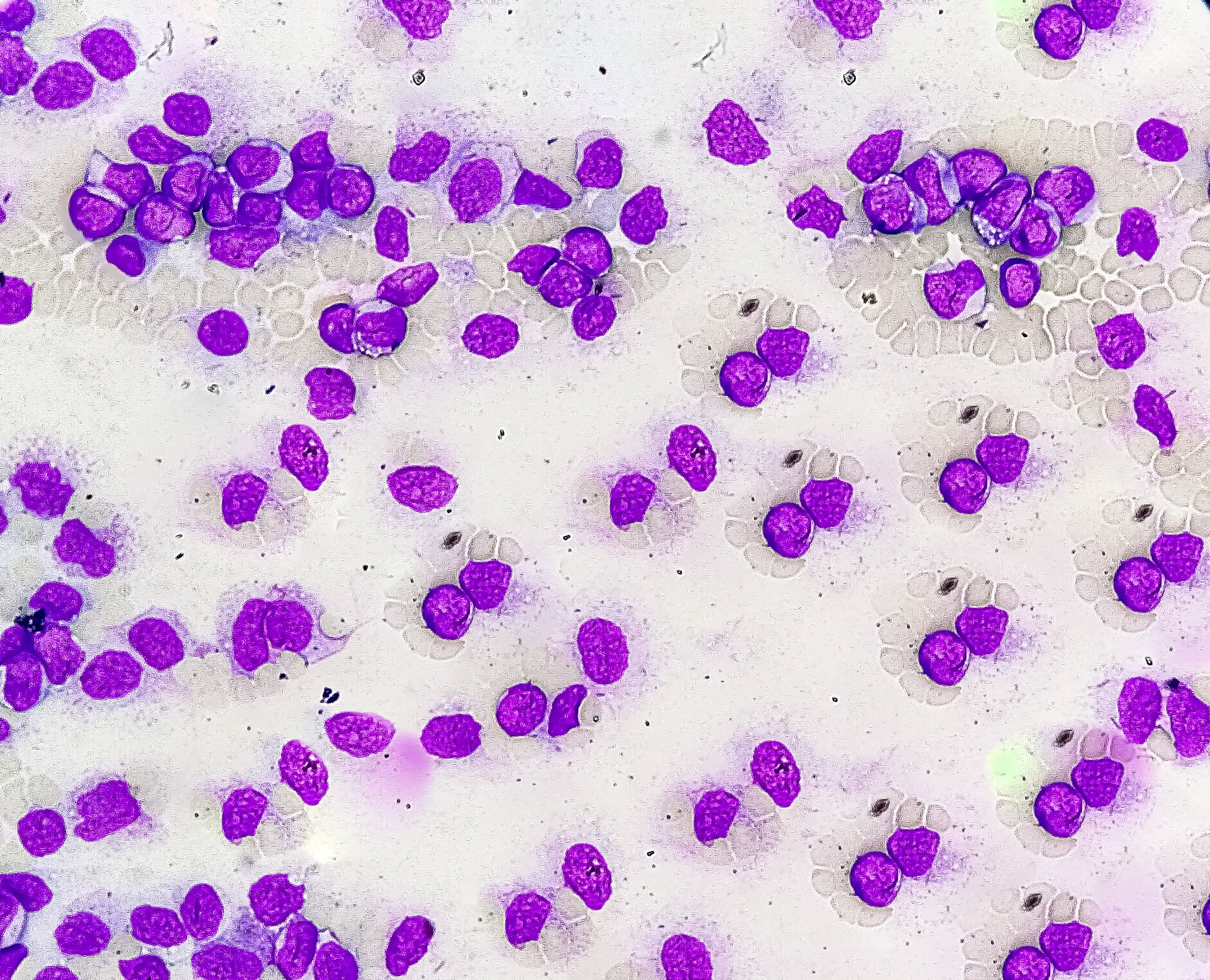Diabetic nephropathy is the most common cause of chronic kidney failure – and one of the most common consequences of diabetes mellitus. The introduction of sodium-glucose transporter type 2 (SGLT2) inhibitors is encouraging: recent study results show not only significant cardioprotective but also renoprotective effects.
Diabetes-associated kidney disease is one of the most common consequences of both type 1 and type 2 diabetes. It is estimated that up to 40% of all diabetics develop nephropathy during the course of their disease [1]. It is characterized by changes in urinary albumin excretion, a decrease in glomerular filtration efficiency, and the development or exacerbation of hypertension, dyslipoproteinemia, and other diabetes-related complications. Consistent glycemic control and adjustment, blood pressure therapy, and lifestyle modification can prevent or at least slow the development and/or progression of diabetic nephropathy in early stages. Because the disease is associated with a very high cardiovascular risk, targeted treatment of cardiovascular risk factors, such as LDL cholesterol elevation, obesity, and increased platelet aggregation, is equally necessary.
Patients benefit from SGLT2 inhibitors
One therapeutic option is the administration of SGLT2 inhibitors. SGLT2 (sodium-glucose cotransporter-2) is a protein in the kidney that is responsible for glucose reabsorption in the renal tubules. If SGLT2 is blocked, the glucose cannot be reabsorbed into the blood but is excreted in the urine. The result – the blood sugar drops. With the introduction of SGLT2 inhibitors, experts speak of a milestone, especially for the treatment of diabetic nephropathy. To date, four agents of this new class of drugs have been approved in Switzerland, namely dapagliflozin, canagliflozin, empagliflozin, and ertugliflozin [2]. SGLT-2 inhibitors can reduce blood glucose levels by up to 30 mg/dl and HbA1c by approximately 0.6% in three months. There is no risk of hypoglycemia or electrolyte imbalance.
Cardioprotective effects have already been demonstrated in several studies [3,4]. A reduction in cardiovascular endpoints (incidence of stroke, myocardial infarction, or cardiovascular-related death and frequency of inpatient admissions due to heart failure) was demonstrated independent of HbA1c reduction. Even in patients with heart failure but without diabetes mellitus, a significant reduction in the primary endpoint (cardiovascular death, hospitalization due to heart failure) was observed [5].
Protect the kidney
Recent study results have now also demonstrated a significant nephroprotective effect [6]. It is shown that the SGLT2 inhibitor, in addition to standard therapy (RAAS blockade with ACE inhibitors or angiotensin receptor blockers), significantly slowed the progression of nephropathy. The relative risk of reaching the renal study endpoint (reaching need for dialysis, doubling of serum creatinine, or renal death) was reduced by approximately one-third (34%) by the drug (HR 0.66; confidence interval 0.53-0.81; p=0.001). The risk of death from cardiovascular disease was also highly significantly lower in patients treated with the SGLT2 inhibitor. Due to the already emerging significant superiority of the investigational drug, the study was terminated prematurely.
Effective and well tolerated
The new class of active ingredients is not only effective, but also generally well tolerated. Only the risk of infection by bacteria and fungi in the genital area increases. Especially women (5-10%) are affected. However, experience now shows that this usually occurs only once in the first week of treatment – if at all – and can be treated well. Rarely, diabetic ketoacidosis can occur due to insulin deficiency, stress, or extreme exercise.
Literature:
- Schlosser M, Hasslacher C, Wolf G: Nephropathy in diabetes. Diabetology 2017; 12: 115-120
- www.d-journal.ch/diabetes-aktuell/sglt2-hemmer-mehr-als-nur-blutzuckersenkung/ (last accessed Feb. 19, 2020).
- Zinman B, Wanner C, Lachin JM, et al: Empagliflozin, Cardiovascular Outcomes, and Mortality in Type 2 Diabetes. N Engl J Med 2015; 373: 2117-2128.
- Neal B, Perkovic V, Mahaffex KW, et al: Canagliflozin and Cardiovascular and Renal Events in Type 2 Diabetes. N Engl J Med 2017; 377: 644-657.
- McMurray JJV, Solomon SD, Inzucchi SE, et al: Dapagliflozin in Patients with Heart Failure and Reduced Ejection Fraction. N Engl J Med 2019; 381: 1995-2008.
- Perkovic V, Jardine MJ, Neal B, et al: Canagliflozin and Renal Outcomes in Type 2 Diabetes and Nephropathy. N Engl J Med 2019; 380: 2295-2306.
CARDIOVASC 2020; 19(1): 18











